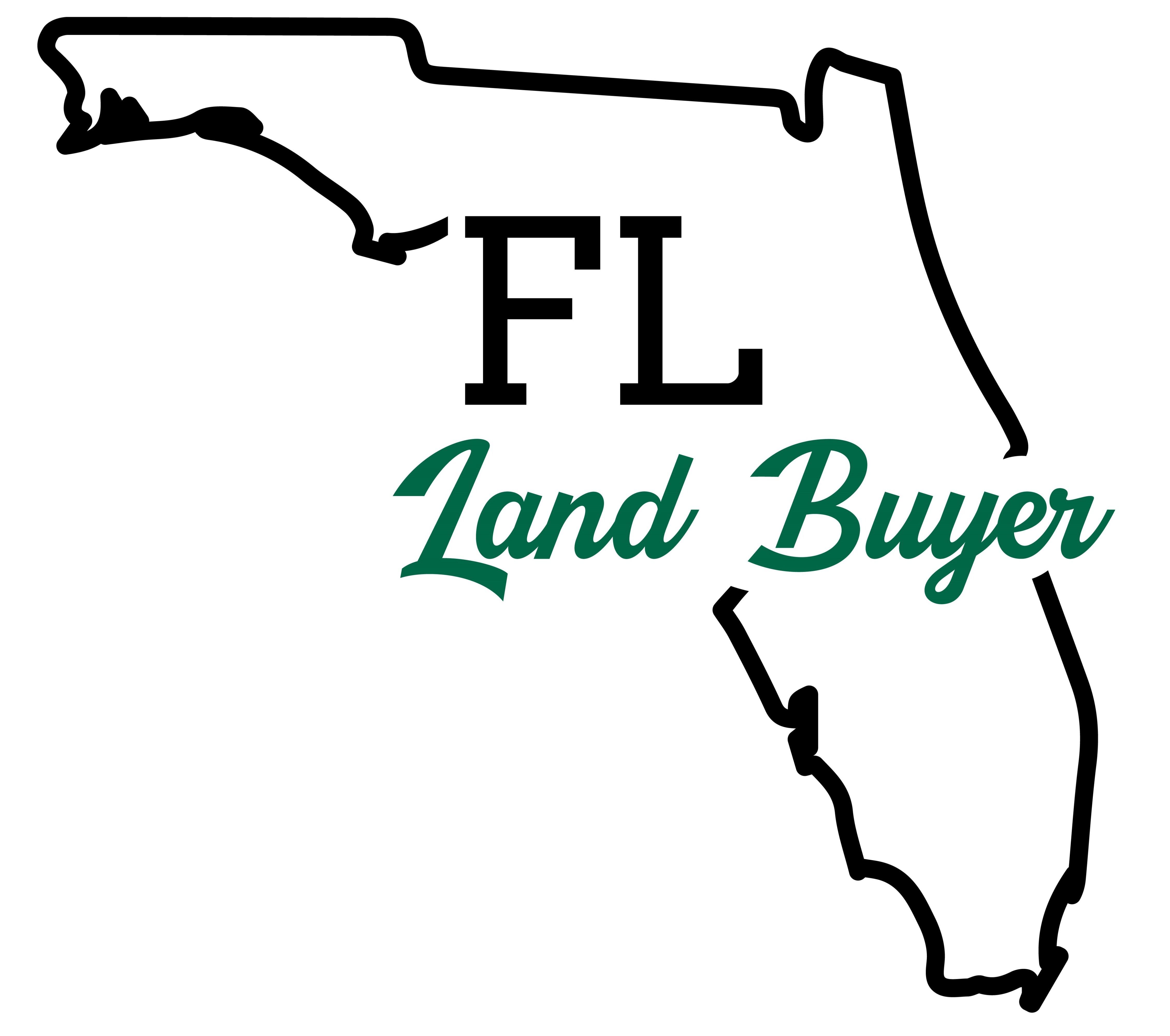When you are ready to sell, how do you determine the value of your land in Florida?
Determining the value of your land in Florida is a critical step whether you’re planning to sell or simply want to understand your property’s worth. Florida’s unique landscape, from its bustling cities to its serene beaches and agricultural lands, means the value of land can vary significantly across the state. In this comprehensive guide, we’ll walk you through the essential factors and methods to accurately determine the value of your land in the Sunshine State.
Understanding the Basics
Land valuation in Florida, as in other states, depends on several fundamental factors. These include location, size, zoning, accessibility, and current market trends. Understanding these factors is crucial because they directly influence how much buyers are willing to pay for your property.
Location and Zoning
The location of your land plays a pivotal role in its valuation. Properties in or near urban centers, like Miami, Orlando, or Tampa, are generally valued higher due to their proximity to amenities and economic activities. Conversely, rural land may be valued less but could attract buyers interested in agriculture, recreation, or conservation.
Zoning regulations in Florida affect how your land can be used, whether for residential, commercial, agricultural, or industrial purposes. Zoning impacts value because it dictates potential uses and development restrictions, which buyers will consider in their purchase decisions.
Size and Topography
The size of your land is a straightforward factor; larger parcels often command higher prices. However, the topography of your land is equally important. Flat, buildable land without significant environmental constraints is more desirable and, therefore, more valuable. Features such as water access or a view can also increase land value.
Accessibility and Utilities
Access to roads, water, electricity, and sewage systems can significantly increase the value of your land. Properties that are more accessible and closer to utilities are easier to develop, making them more attractive to buyers.
Market Trends
The real estate market is always in flux, influenced by economic conditions, interest rates, and demand for land in specific areas. Keeping an eye on market trends in Florida can help you gauge the best time to sell your land and for how much.
Methods for Determining Land Value
- Comparative Market Analysis (CMA): This method involves comparing your land to similar properties that have recently sold in the area. A CMA gives you a benchmark for pricing your land based on current market conditions.
- Professional Appraisal: Hiring a professional appraiser is a reliable way to determine your land’s value. An appraiser will consider all factors mentioned above and provide you with a detailed report. This is particularly useful for unique properties or when you need an official valuation for legal or financial purposes.
- Income Approach: If your land generates income (e.g., agricultural use, rental for billboards, or leasing for events), the income approach can be used. This method calculates land value based on the income it produces, considering potential future income and expenses.
- Development Cost Approach: This method is suitable for land intended for development. It estimates the value of the land after subtracting the cost to develop it from the total expected sale price of the developed property.
Final Thoughts
Determining the value of your land in Florida requires careful consideration of various factors and possibly the assistance of professionals. By understanding the basics of land valuation and employing the appropriate methods, you can confidently establish your property’s worth in the market.
Whether you’re ready to sell or just curious about your land’s value, taking the time to assess it properly can lead to informed decisions and successful transactions in Florida’s dynamic real estate landscape.

